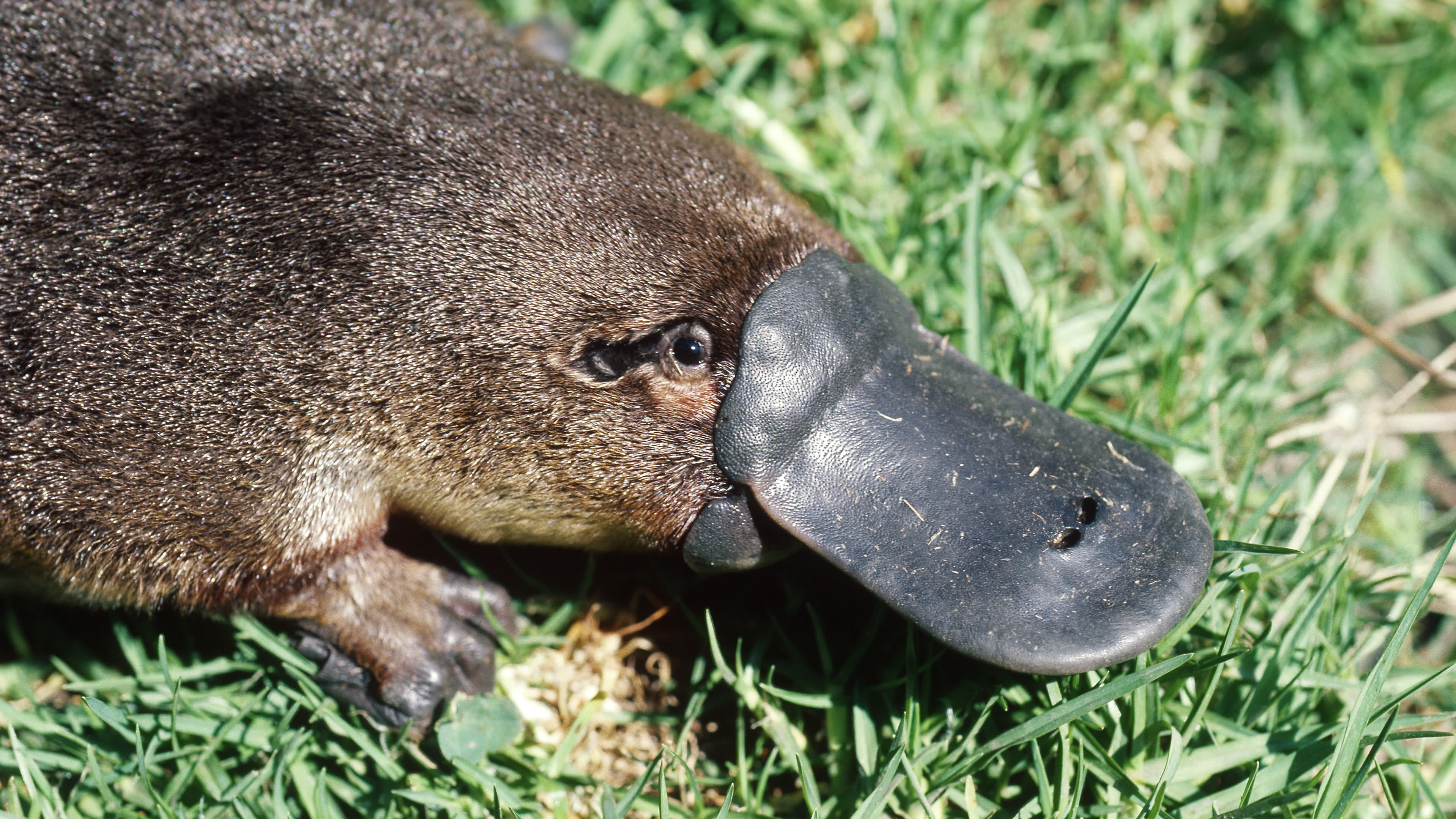Got Platypus Milk?
Consider the majestic platypus: one of the only mammals that can lay an egg, and an impressive secret agent on Phineas And Ferb. Other than those two platypus fun facts, you may not have given the furry, duck-billed creature a second thought. But now a new study reveals that platypus milk might be be able to help combat new problematic strains of bacteria, as antibiotics become worryingly less effective.
Yahoo News reports that "In a new paper published in Structural Biology Communications, Australian scientists reveal the strange properties that give platypus milk incredible antibiotic power, and the breakthrough could yield a new tool for fighting dangerous bacteria."
We have so many questions: How does one milk a platypus exactly? Where can one find a platypus? Are there enough of them for this to actually be a viable solution for fighting a Contagion-like "antibiotic-resistant superbug"? If so, would we have to capture all the platypuses and harvest their milk? And again, just how does that happen?
Turns out, platypuses only live in one very small region of the world: in the freshwater areas between the island of Tasmania and and Australia. So they are obviously genius creatures, because that sounds like a pretty sweet place to chill. The study points out that platypus milk contains unique, corkscrew-shaped proteins, and "by recreating the protein in a laboratory the researchers were able to study it in greater detail, and that's when they realized just how remarkable it was... The protein's novel structure is thought to be responsible for its remarkable resistance to bacteria." So hopefully, the scientists can recreate the wonder of platypus milk in the lab, leaving the strange creatures free to continue to hang out down under. But we would like to thank all the platypuses in advance for saving the world from a devastating plague in the not-too-distant future.
